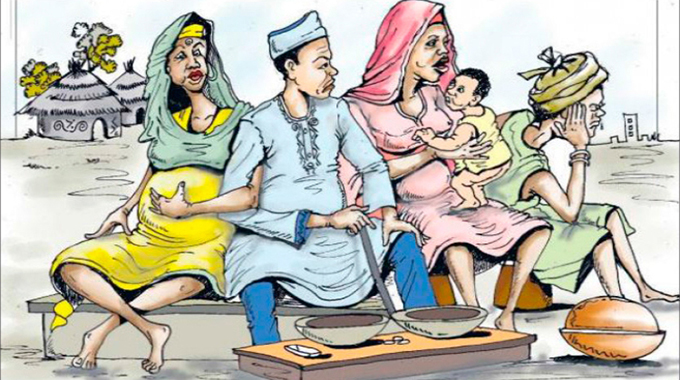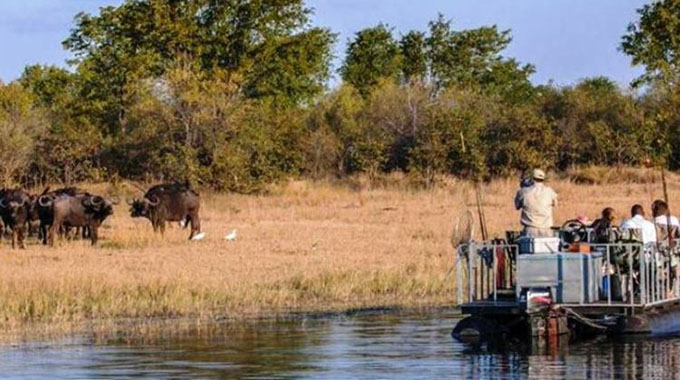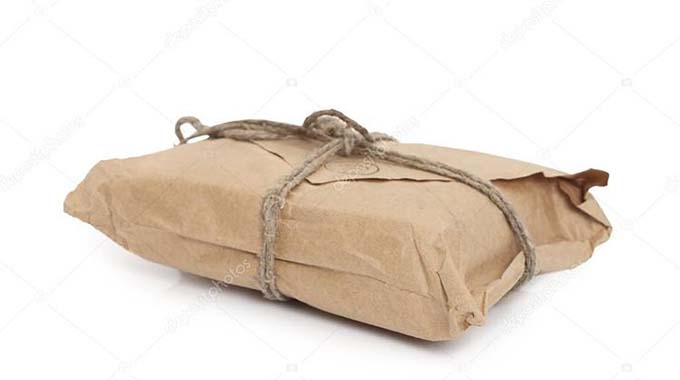The day we lost our school uniforms
Back in the village in the land of milk, honey and dust or Guruve the moon rose slowly, tentatively and imperceptibly, its soft silhouette rays breaking the virginity of the night.
Slowly darkness gave way to moonlight. I twisted and turned on the cold floor, my same-age uncle, his younger brother and I fought for a bigger share of the single blanket.
Every few minutes there was the pulling fight. This was an every night fight.
This night, the youngster must have eaten too much groundnuts, roasted sweet potatoes and drank too much sweet beer.
His tummy rumbled. He was breaking wind too often. There was intermittent loud and silent farts, the silent one only announcing itself through smell. It made sleep uncomfortable, worse still, for boys who slept covering their heads to avoid stinging mosquito bites.
Suddenly there was an uncomfortable waft of warmth, which immediately disappeared and gave way to uncomfortable coldness. Karitundundu wee, it was urine. I woke both boys to go and relieve ourselvesoutside and they seemed not interested. I opened the door and uncle reluctantly followed. There was now a full moon. The toilet was too far and our usual venue was the edge of the banana plantation. There uncle commented, “the moon is too shiny today”.
From somewhere a voice retorted; “You say it’s too clear but can you see me?” We dashed back, our business unfinished and by the time we settled in the house, we had wet our pants.
We thought it was some ghost but grandpa told us the following morning, it was some freedom fighter who had spent the night in the bananas.
We stayed across Mupinge River at Farm 29 Nyakapupu, then called Nyakapupu Small-Scale Commercial Farming area. The farm we stayed at in particular, belonged to my grandfather on my mother’s side, Sekuru Masakara.
He was a great philosopher and we liked him for his proverbs, depth of character and knowledge of conservation issues and farming.
Grandpa was worried about the flooding of the Mupinge River.
At first he crossed us in the morning and crossed us in the afternoon. But as workload increased it became impossible for him to help up cross. Therefore, he pegged the safe water level by cutting off a patch of bark from a riverine tree.
If we found water higher than that mark, we were then supposed to wait for him or shout for help and not cross on our own.
The other rule was to remove shoes when crossing the river to avoid slipping.
We were also supposed to remove our uniform to avoid drenching them.
It was a delicate balance crossing one hand on grandpa and another holding on to precious uniforms. We had no shoes so the slippery part was no issue of consequence.
We religiously followed his instructions and the system worked until we became confident of ourselves.
One afternoon there was a light drizzle and the water level did not rise too high. It was way before the mark. We decided to cross. But we thought we had become much cleverer than grandpa. Why would we cross with our uniforms in the hands? Why?
We devised a method. We wrapped stones in the clothes and tied them. The trick was to throw the clothes across the river leveraging their weight with the stones. Then cross freely. For fun, we agreed to throw the clothes simultaneously, so, we counted one . . . two . . . three, throw!
Eye eeish, none of us managed to throw hard enough to cross. They dropped into the river and we watched in anguish as the current dragged them downstream into more dangerous area. They were gone.
With no underwear, we laboured to get home, ducking women fetching firewood. We got to the cattle pens and shouted for help. Instead of grandpa coming to the rescue, it was grandmother.
We had small tree branches we used to cover our essentials. She laughed her lungs out and called for grandpa as we slouched into the home, trying to hide are nudity.
It was not taken lightly. Granny had sold her groundnuts from the previous harvest to at least buy us uniform.









Comments